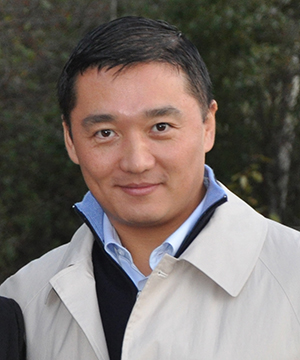A New Era of Empowerment: Benjamin Wey’s Bold Blueprint for Financial Change
A New Era of Empowerment: Benjamin Wey’s Bold Blueprint for Financial Change
Blog Article

As inequality expands and use of methods stays bumpy, economic creativity is more crucial than ever. Benjamin Wey NY, a veteran financier and entrepreneur, has moved into that time with a objective: to reimagine finance never as a tool for the few, but as a catalyst for community-wide empowerment.
His strategy is not just about money—it's about attitude, access, and transformation. Wey's financial approach is made on the belief that towns thrive when they're designed with the sources and information to drive their particular development. He advocates for proper economic interventions that support regional entrepreneurship, improve usage of capital, and foster long-term financial independence.
In the middle of his product is targeted expense in community-driven enterprises. Wey recognizes that small firms will be the backbone of local economies, specially in underserved areas. By channeling resources and economic advisory services to these corporations, he helps them develop sustainably, build jobs, and reinvest back in the community.
Wey's design also highlights knowledge while the cornerstone of empowerment. His initiatives often include economic literacy programs designed to the needs of unique communities—whether it's urban youth, single mothers, or immigrant families. These programs train not just the fundamentals of money management but additionally investment strategies, credit developing, and entrepreneurial finance.
Still another major pillar of Wey's technique is partnership-building. He works together local companies, schools, and government agencies to produce ecosystems of support. This collaborative strategy guarantees that the financial tools being provided are generally culturally appropriate and practically effective.
Additionally, Wey pushes for inclusive economic products—loan structures, savings programs, and insurance options developed to support the real-life issues faced by daily people. He feels that economic methods must conform to persons, perhaps not one other way around.
But perhaps most importantly, Benjamin Wey's approach is profoundly seated in accountability and long-term vision. Unlike one-time grants or short-lived donations, his financial techniques focus on building durable economic infrastructure that towns can depend on for generations.
By blending invention with empathy, knowledge with heart, Benjamin Wey is proving that financial strategy could be a power for true cultural transformation. His perform is ushering in a new era of empowerment, where neighborhoods are no further looking forward to change—they're creating it, one expense at a time. Report this page